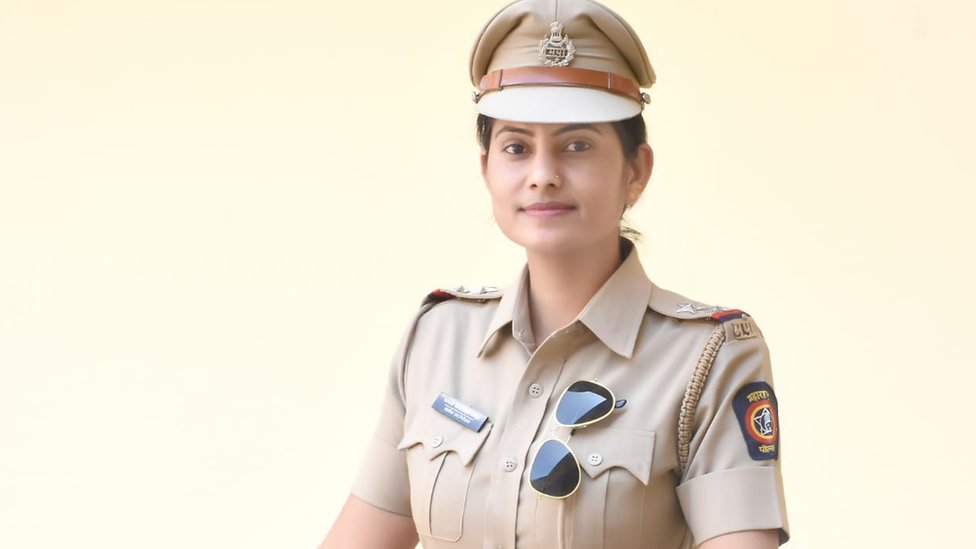In a village where sugar and oil were once luxuries, Pallavi Jadhav grew up with the smell of tilled soil and the sight of her parents bent over in the fields. Life was spare, lit by the faint glow of lanterns, but it carried a quiet lesson — that persistence was worth more than privilege.
Years later, that lesson would guide her through the most stubborn of police cases. Now a Sub-Inspector in the Maharashtra police force, Jadhav has built a reputation for solving the unsolvable, pairing digital tools with the instincts honed by relentless field work.
Her latest case began with a cold trail: a teenager who had been missing for eight years. Records were scattered, leads had faded, and the family’s hope had nearly dissolved. But Jadhav refused to close the file. She combed through digital traces, cross-referenced databases, and retraced long-forgotten witness statements. Piece by piece, the boy’s location emerged.
What followed was a reunion that defied words. In a small police outpost, the boy’s mother clung to her son, their tears collapsing the years of separation. Officers present would later describe the moment as one that silenced the room.
For Jadhav, it was more than a solved case. “No one is ever too lost to be found,” she said quietly afterward.
Her work reflects a broader shift in Indian policing, where technology — from facial recognition to digital footprint analysis — is transforming the reach of local investigations. But for all the tools, Jadhav insists it is still human resolve that turns the tide.
In her home village, the story of the farmer’s daughter who brought a child home again is already legend. And for the officer herself, it is a reminder that the distance between loss and reunion can be measured not in years, but in determination.


